One of the most common questions I get from students is “When should I start learning jazz?“.
Ever since I can remember, jazz drumming has been stigmatized as being the epitome of drumming skill. And rightly so. Jazz is hard! It appears that the word has gotten out to even non-musicians that learning to play jazz is a feat in itself.
Is jazz actually the most difficult style of music for a drummer to play? Maybe, but probably not. It all depends on where you’re from, what you listen to, and what you grew up with. But that doesn’t seem to stop public opinion on its difficulty. Even the movie Whiplash echoes the sentiment with the main characters struggles and determination being all consuming.
Given its apparent difficulty, it makes sense that aspiring drummers everywhere are interested in learning to play like Elvin Jones, Max Roach, and Tony Williams. Jazz and bebop is super fun to play and is one of the most rewarding styles of music I’ve ever pursued. However, when it comes to actually learning the style, when is the right time, and where should a drummer start?
Why You SHOULDN’T Learn Jazz
It’s Hard and Takes All Your Time
Knowing your motivations for pursuing any subject is an important first step. For most students, I would assume they are interested in learning jazz because it’s known to be difficult to learn. But is that enough?
I was thrust into the jazz studies when I first attended college at 17. At the time, I was unaware of who even Miles Davis was, let alone having any knowledge about the style at all. I had long black hair and played exclusively in the hardcore/screamo niche.
Given that the school was known for its jazz studies program, I’m still surprised I was accepted. I somehow tricked the school into allowing me in by imitating my drum teacher when he showed me how to play “swing”. I guess my performance was convincing.
At the time, I was a decent drummer, but really only in the rock styles. I recall very well having to demonstrate, in front of the class, reading 8th notes from Syncopation while playing a swing ride cymbal pattern. I completely bombed. My instructor later told me that he was disappointed and thought that my understanding of the style was going to be better. Sadly, I admitted that I was only copying what I had seen before. I really didn’t understand anything about jazz.
The reason I’m telling this story is because after that moment, pursuing jazz drumming became all consuming for me. It ended up taking years and years to learn properly. And I’m still practicing! I was basically trying to learn a new language, and it took a while.
Had I just stuck with rock drumming, I probably would have continued to be good at it, land a great gig, and I’d be on a completely different path. So for those drummers looking to get into the world of jazz, you should be aware how much of your time needs to be dedicated to the study. Casual practicers need not apply.
Jazz Doesn’t Pay
Jazz, known as “the hardest style of music to play”, is notorious for being the worst paying. Jazz gigs today pay the same as they did back in the 80’s. Unfortunately, living expensive have increased since the 80’s. The sad truth is that many jazz musicians are not making a lot of money.
Dedicating 10 years to intense study of a style, going out and giving the best performance of your life, and following it up with a $100 payout kind of sucks.
Obviously there are outliers (ahem…Kenny G), and those that are entrepreneurial and run a few different ventures have the opportunity to live well. But, choosing to only perform bebop in the clubs of New York is probably a poor financial decision. A musician would be much better off pursuing rock, country, or coverband gigs, as those are more plentiful and pay significantly better.
No One Understands What is Going on
When people say, “I love jazz”, what they usually mean is, “I like to feel classy and show off how elevated my tastes are”. There are a huge amount of songs, artists, and styles encompassed in the word of “jazz”. For the average listener, some of it is digestible, but the majority sounds like a complete mess.
This is a bit unfair, since many people do genuinely love and understand jazz music very well. Even if they aren’t musicians. However, the numbers don’t lie, and jazz music just isn’t killing it with mass population.
Most people can listen to Miles Davis’ Kind of Blue and admire the music, but show that same listener The Shape of Jazz to Come by Ornette Coleman, or John Coltrane’s Interstellar Space, and they might not be so enthusiastic. Jazz music has a knack for alienating your average listener and making them feel stupid for not knowing what’s going on. No one wants to feel stupid.
Many years ago, this was a different story. People had fewer options of what to listen to and even fewer ways to enjoy it. Jazz was more influential and could be heard on any given night on the radio, TV, or at a club. Today, pop is king. Be it music, TV, or movies. There is just too much material for a person to sort through, and the more popular stuff is what slips through. These days, humans want things to be simple and easy to understand, and jazz music can be too much of a strain for the average listener.
I notice this first hand whenever I play live. When I look into the audience at a jazz gig, most people just sit there and watch or talk amongst their friends. But when I play a pop or rock gig, people smile, cheer, clap, and dance along to the music. The overall enjoyment level is greater. Why? Plenty of reason, but a big one is because everyone understands what is happening.
Why You SHOULD Learn Jazz
It’s Rewarding
Despite the difficulties of jazz drumming, it has brought a wealth of experience to my life that I wouldn’t trade for anything. The huge amount of hours spent in practice has granted me more than just drum expertise.
Due to its high difficulty, learning to play jazz also increased my ability to read music, improvise, control my dynamics, coordination, and tone production, along with a ton of other skills. As a result of those skills being built, the doors to an ever increasing amount of gig possibilities started to open. This was a huge reason for how I was able to land a cruise ship gig and tour the world.
For me, jazz is one of the most rewarding ways to communicate with other musicians. At a typical jam session, I find there is a huge difference between how rock and jazz sessions go down. Firstly, jazz players use “standards”, or popular tunes to play with each other. Improvisation is key, and many times beautiful and spontaneous music is created. Rock sessions usually require prior knowledge of a song before you can jam, and even then very little improvisation can happen. I’ve never been to a jam session where someone requests More Than A Feeling, but I have been at plenty where someone wanted to play How Deep is the Ocean.
The constrains of playing rock music can be difficult when you begin to explore the unlimited possibilities of jazz. Modern jazz grabs elements from all styles of music and encourages the breaking of rules and stereotypes. Basically, the only limitation to jazz music is how far your creativity and technique will allow you to go.
Jazz Does Pay
Earlier, I explained just how poorly jazz music pays. But what I find remarkable is that it pays at all. There are times when I’ve had the time of life playing with great friends and after the gig someone hands me money. All I can think is, “I would have done that for free”.
I still am blown away when I make money to participate in something I love doing. It’s usually not a lot, but I’m only half complaining.
On the other hand, when I play coverband music, 9 times out of 10 it feels very much like a “job”. The gigs are long, I have to lug a lot of heavy equipment, and I’m usually tired, sweaty, and sore by the end. After, I definitely feel like I’ve earned my wage. However, it is the exact opposite when I perform jazz. Gigs are generally short, the people are fantastic, and many venues now have house kits that I can use. Not only that, the music that comes out is rewarding and fulfilling.
When I receive payment for a jazz gig, I experience nothing but gratitude.
The Pursuit of Mastery
No matter what we learn, we follow a path with many ups and downs. In the beginning, learning is faster because everything is new. After a while things seem to even out and progress feels slower. Without direction, it’s very common for a musician to hit a certain point and stay there. This is called a plateau.
Plateaus can be tough for a musician to deal with, and for many, is where the learning stops. I’ve met drummers who are great at one particular style, but fall apart when pushed out of their comfort zone. A lot of times, their attitudes towards additional study of other styles also becomes defensive. This is because they stopped trying to learn. They are not pursuing mastery of their instrument.
There is nothing wrong with being good at one thing. In fact, for many drummers, pursuing mastery of one single style is a better choice. The difference is in those that don’t stop trying to learn as opposed to those who stop learning when they’re “good enough”.
Taking the time to learn jazz drumming expands what you already know and will only make you a better drummer. Remember that you do not have to become strictly a jazz drummer. What’s most important is the desire for mastery of your instrument and a positive attitude towards learning.
When Should a Drummer Start Learning to Play Jazz?
I usually don’t begin intense jazz studies with my students until I’m confident that they can handle the task. Jumping in too early can be frustrating for the student and might lead to a decreased desire for practice. However, once a drummer has a decent grasp of their instrument, I can introduce the basic concepts to them.
Things like ride cymbal patterns, swing vs straight, and chart reading can be introduced early. This will set your students up with some expectations for the later on. Most importantly, I will introduce them to a few albums that they can start listening to. Without ever hearing jazz, they are going to have a very hard time understanding how to play it.
If students are struggling with the basics, then more practice needs to happen before they are ready. But When is the right time to take the next step and dedicate more time to jazz study? Here are a few things that I like to see from a student before we jump in completely:
Basic Independence
The first thing I look for is independence between all 4 limbs. Can you play stickings on the snare while playing repetitive patterns with the feet? How about reading 8th and 16th notes on the bass drum or snare while playing a continuous pattern on the hi hat?
Jazz drumming requires a high level of independence. You will be moving all 4 of your limbs independently from one another constantly. Confidence with independence is a key starting point.
Can You Swing 8th Notes?
If you’re considering more intense jazz study, you should already know about triplets and have the ability to switch between them and other subdivisions at will. Since swing 8th notes come directly from the triplet, it’s important to have a good feel for that subdivision.
I like to test whether a drummer knows how to swing 8th notes at all, and then from there I check if they can move back and forth between straight and swing 8ths.
The concept of swing as it relates to jazz is a very large topic, but if you can’t swing simple 8th notes yet, you might need a little more practice before you jump in.
How is Your Reading?
Famously, Buddy Rich, one of the baddest drummers of all time, didn’t know how to read music. Considering his skill and influence in the world of drumming, this is surprising for sure. But, I would call Buddy an outlier. The majority of successful jazz drummers read music, and they do it very well.
I like to emphasize reading for my students. I think it’s a very helpful skill to have. Not everyone responds well to reading music, however it becomes important for studying on your own. It might be easy when I am side by side with a student and showing them how to do something, but when they are alone, the sheet music is what’s going to remind them of what to do.
When it comes to jazz study, the ability to read music is key. This is because there are a lot of techniques and examples to learn, and just using your ear and memory is going to take a lot more time. It is so much simpler for me to give a student page 38 of Syncopation and tell them to read it on snare and kick rather than them trying to memorize it.
When it comes time for a student to begin learning jazz drumming, their ability to read music is extremely important. I usually check this by giving them a few 8th note reading examples and asking them to play it in both swing and straight feels.
The better you are at reading, the easier study will be.
What Do You Listen to?
I’m mentioning it last, but actually listening to jazz music is vital. If a student comes to me and asks to learn jazz seriously, I ask them what they listening to. If they say Led Zeppelin and The Beatles, I’m happy (There’s a lot of bummer choices they could be making), but they’ll need to try again. Dedicating serious time to listening to jazz will be your biggest practice tool.
The old saying goes, “If you can’t hear it, you can’t play it”. This couldn’t be more true for jazz. Understanding any style of music requires dedicated listening time to be able to manifest it into your own playing. Jazz drumming is very nuanced and can only be understood through listening.
I suggest starting with some digestible albums like Kind of Blue by Miles Davis, and Ballads by John Coltrane. There are over 80 years worth of material for you to listen to, but much of the foundational drumming can be found in the bebop and cool jazz styles from the 40’s to the 60’s.
It also doesn’t hurt to learn about the important drummers in the style. Check out guys like Jimmy Cobb, Max Roach, Elvin Jones, Tony Williams, and Roy Haynes. Learning by listening to the masters is the way to do it.
Lastly, find out where the jazz music is being played live in your city. Listening to music is a great way to learn, but actually watching it happen in front of you is even better. Not only that, by watching live music, you are supporting your fellow musicians and will be making important contacts for when it’s time to get out there and gig yourself.
Putting it All Together
If you’re now listening to jazz regularly, have proper 4-limb independence, have an understanding of swing vs. straight, and can read 8th notes with ease, you are probably ready to start learning jazz drumming.
It may be tough to learn at first, but we are here for the pursuit of mastery, not to have things come easy.
When did you first start learning to play jazz? Were you properly prepared, and did you find the practice helpful in your overall drumming skill?
Let me know in the comments down below!



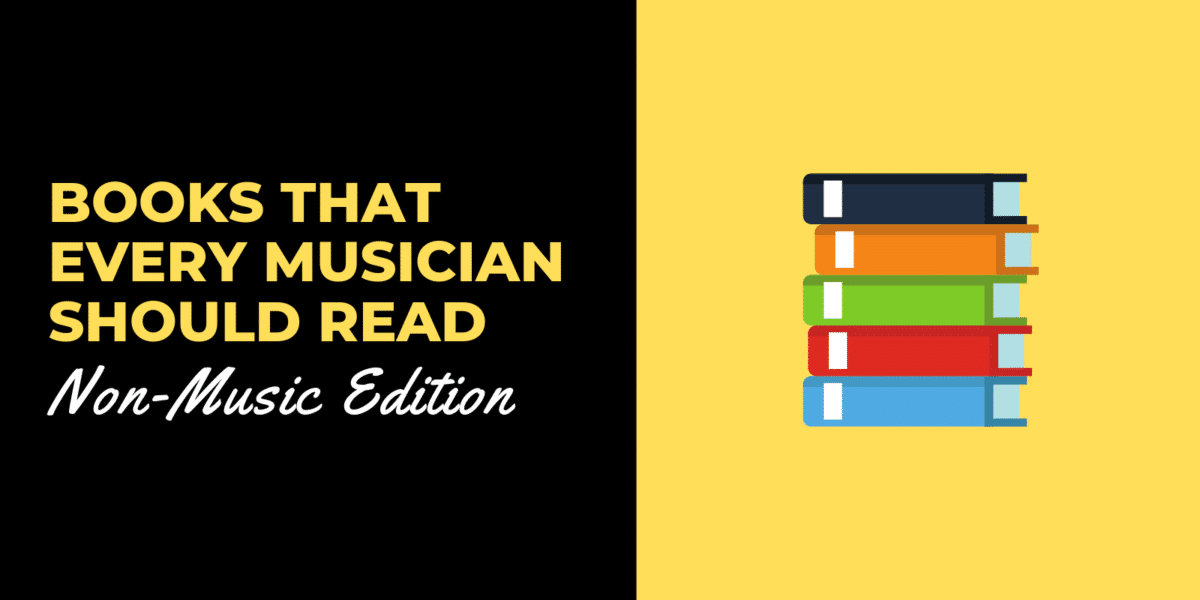
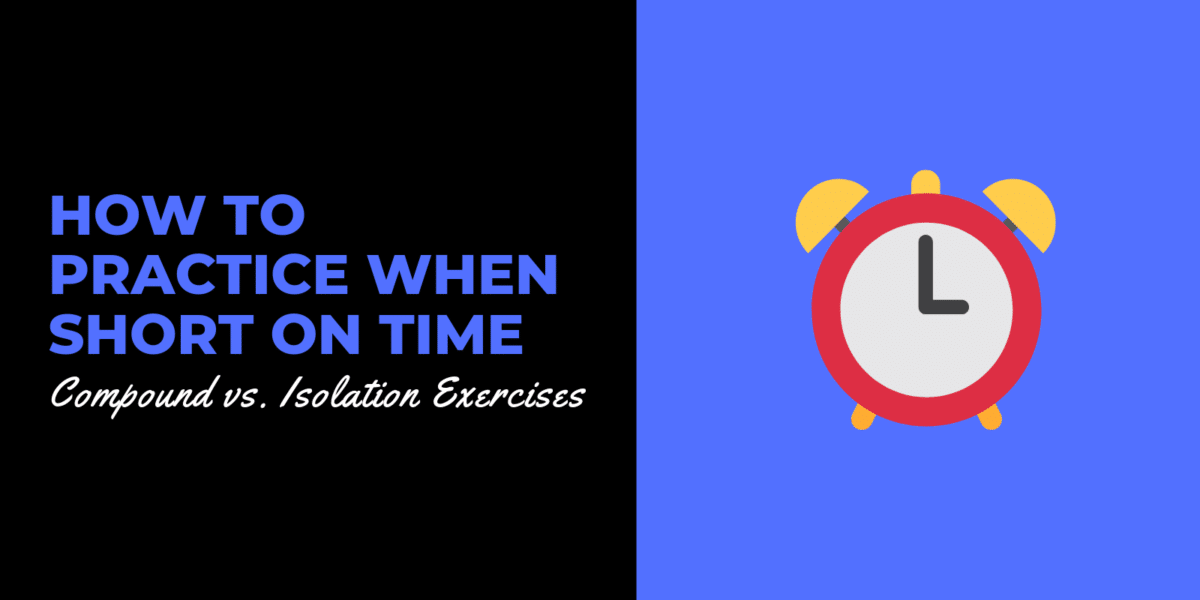

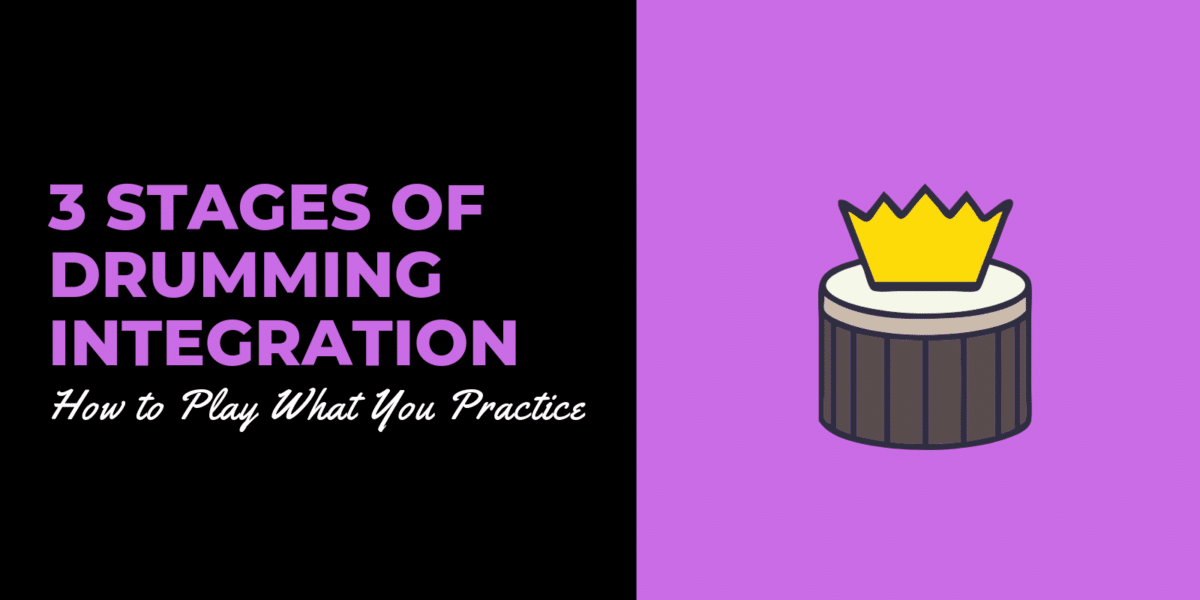
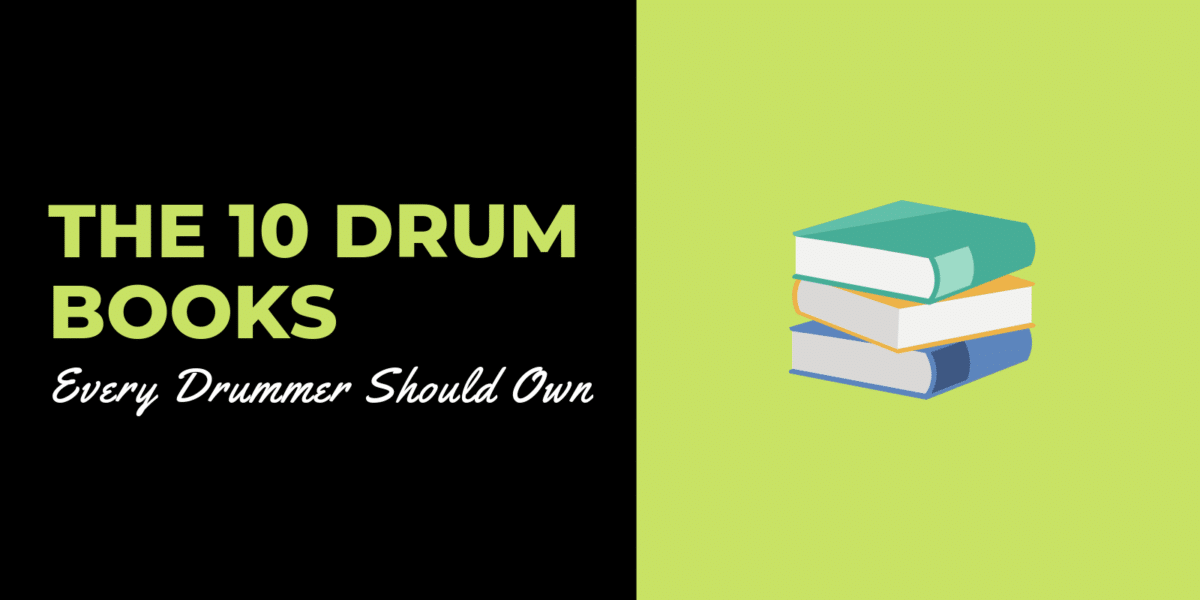
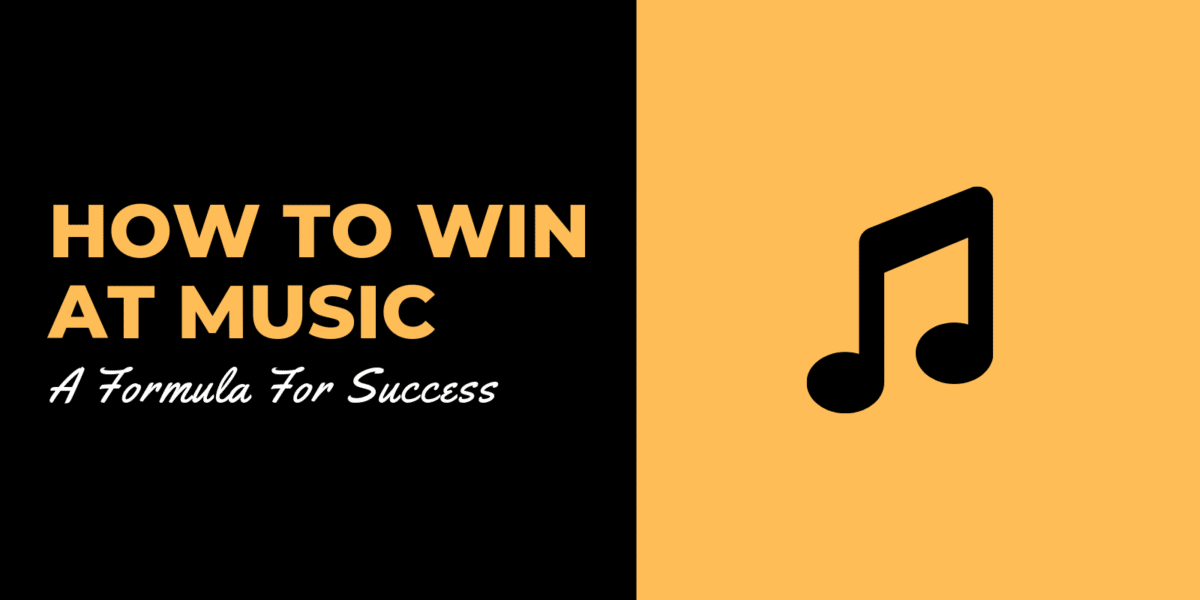
Leave A Comment